
Hungarian researchers have developed a state-of-the-art VR system tailored for mice. The Moculus device, optimized for rodents’ vision, accelerates learning processes and revolutionizes brain research, paving the way for advanced therapies in vision restoration.
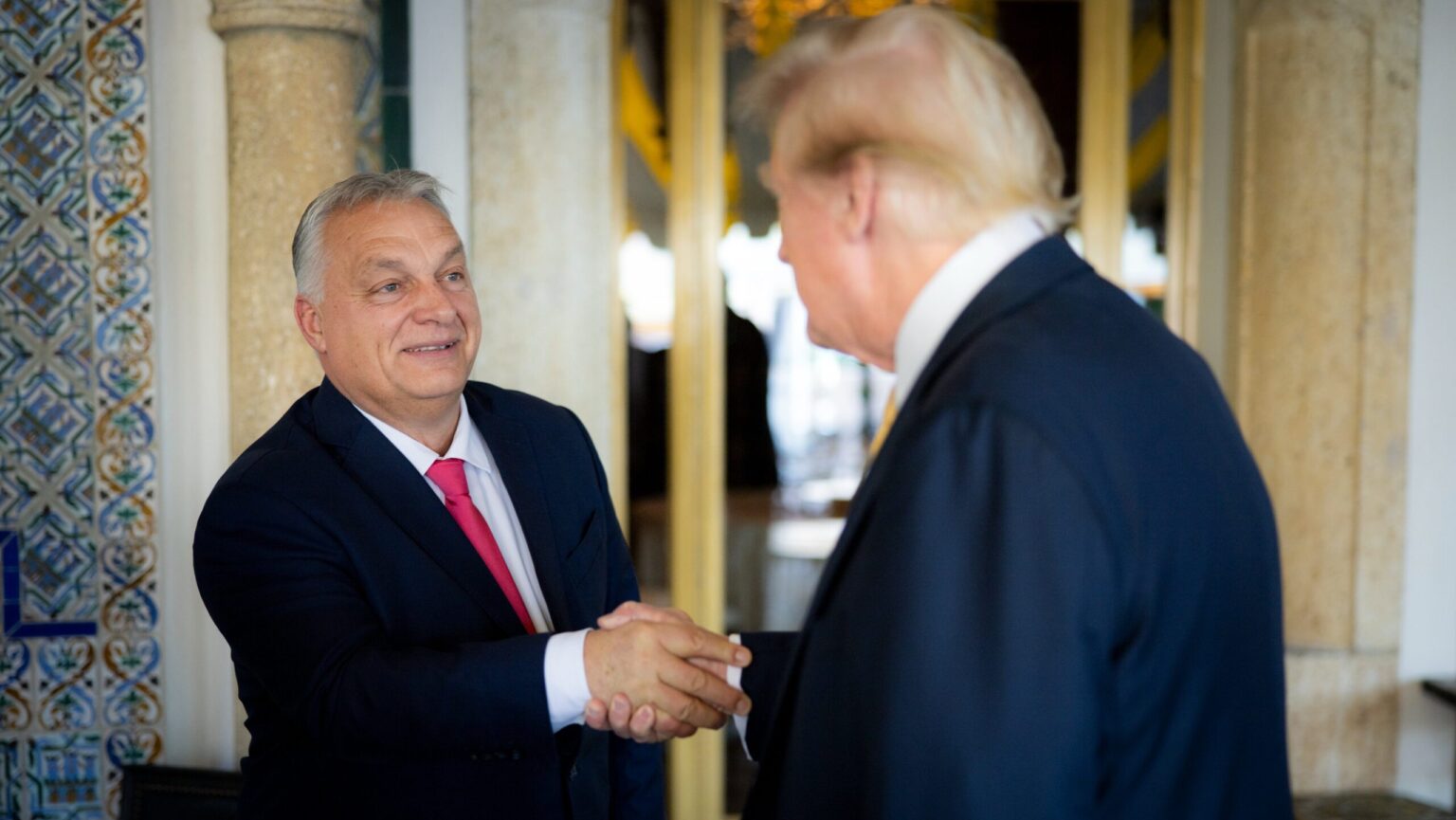
Donald Trump’s pick for national security advisor, Mike Waltz, stated in a recent interview that the President-elect’s team will take a hard look at Viktor Orbán’s Christmas ceasefire proposal. Last week the Hungarian prime minister concluded his second peace mission in six months, presenting a truce initiative and a large-scale prisoner exchange between Russia and Ukraine.
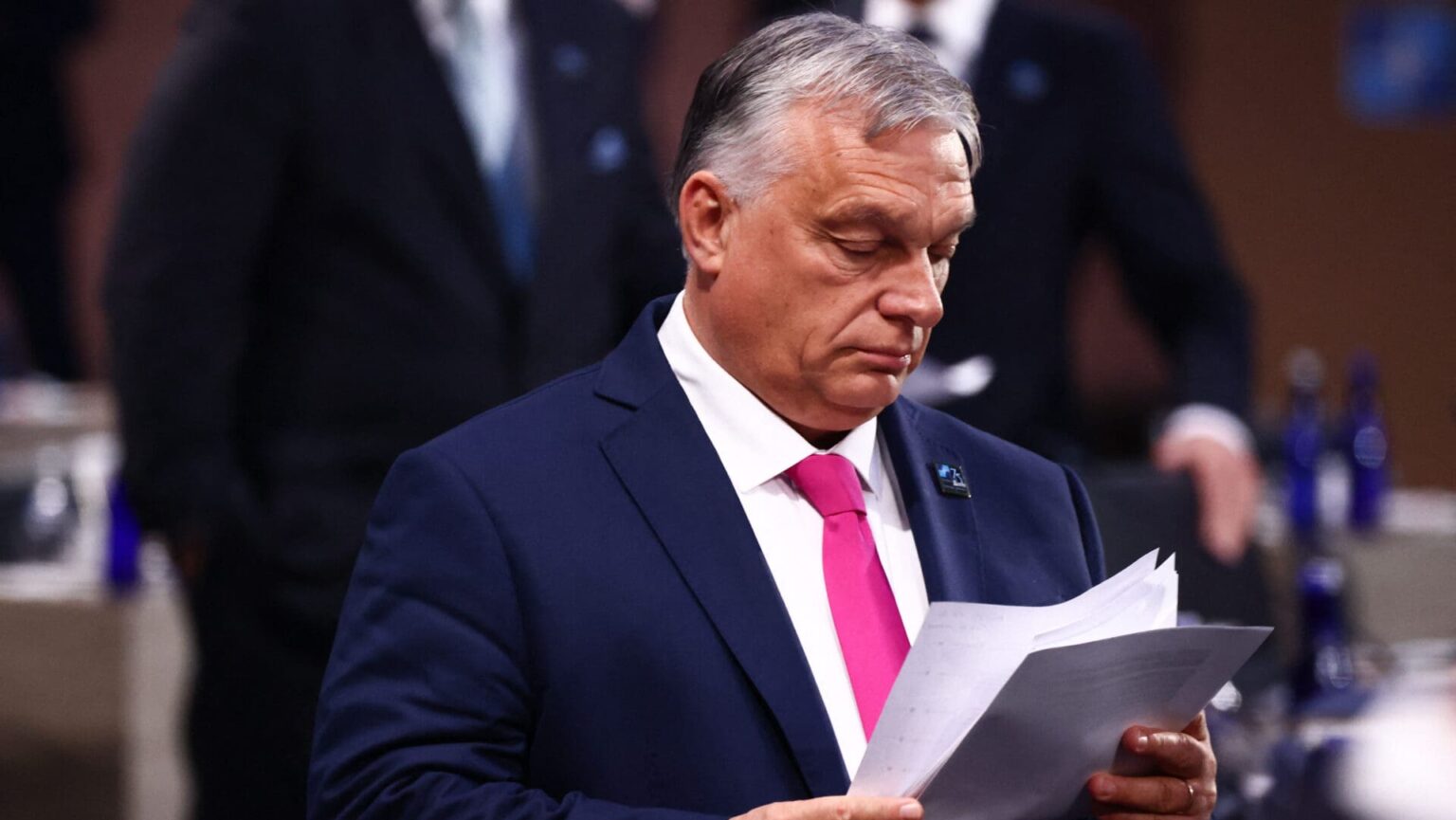
‘We knew that if Donald Trump won the US presidential election, the most influential man in Europe—the politician whose phone calls would be answered by Trump, Putin, and Xi Jinping—would be Viktor Orbán,’ Ciprian Rus, senator of the progressive Save Romania Union highlighted in a recent interview.

Foreign Minister Péter Szijjártó was critical of his counterparts in other EU Member States for still pushing for arms supplies instead of negotiating a ceasefire, in a Facebook post he shared as he set off to attend the last EU Foreign Ministers’ meeting of the Hungarian EU presidency. Earlier, he also revealed in a radio interview that President Zelenksyy of Ukraine refused to have a phone conversation with PM Orbán.
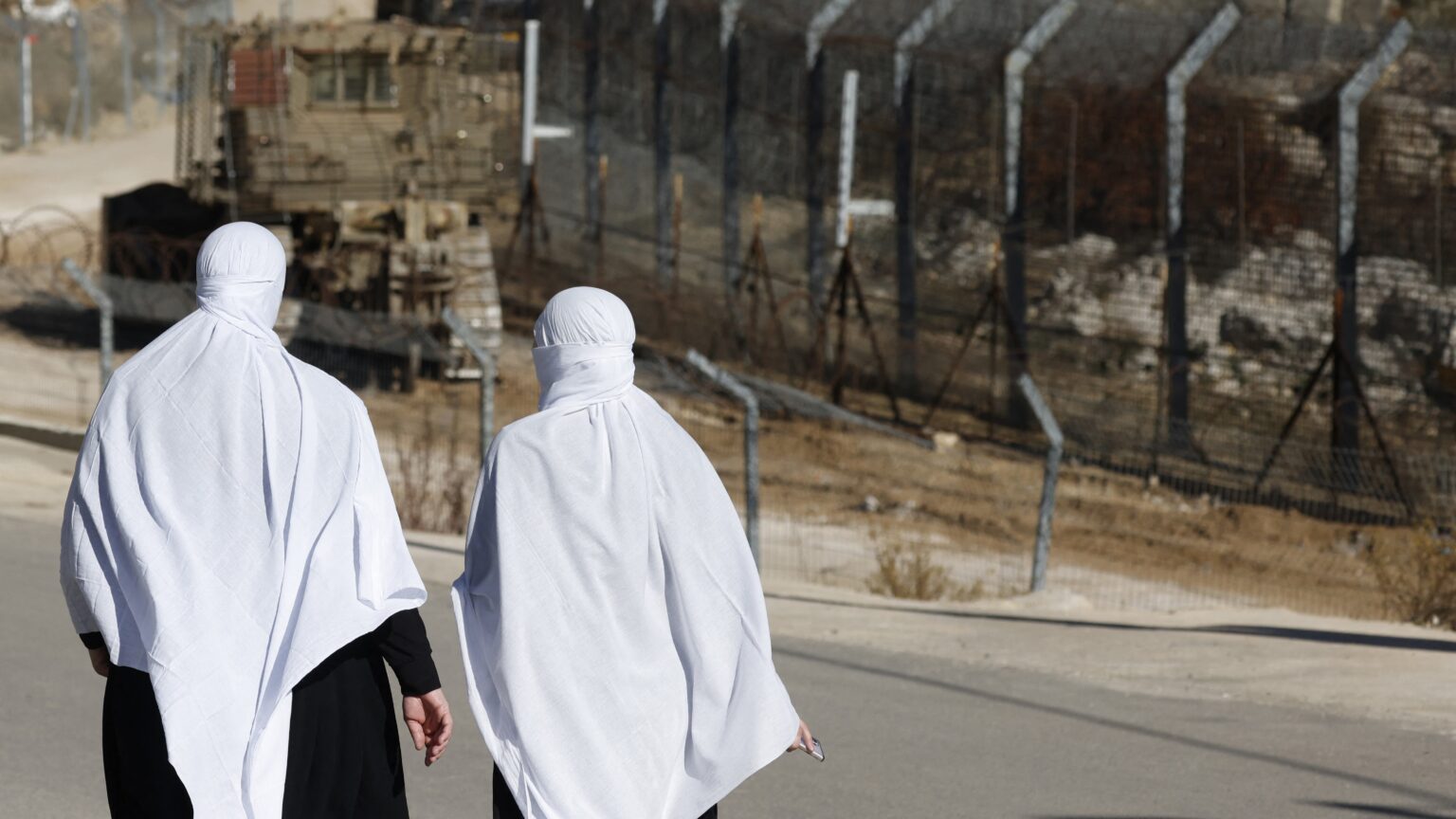
The Druze, a group historically loyal to the Assad regime in Syria, are facing growing threats due to the collapse of the central government and the deteriorating security situation. The Druze religious leadership in Israel is also very concerned about the fate of the Druze across the border, because jihadists in many Druze communities, mainly in Damascus and northern Syria, have already started demanding that the Druze hand over their weapons.

A recent KINCS survey reveals that 70 per cent of Hungarians are optimistic about 2025, anticipating improvements in their lives. Families with young children, large households, and young people are the most hopeful, expecting better opportunities and higher living standards.

Lithuanian athlete Kornelija Dūdaitė was disqualified from the Super Worlds 2024 – Functional Fitness Championships in Budapest for wearing a shirt mocking Russia. Her case has reignited the debate over whether politics should have a place in the world of sports.

Hungary beat France 25–24 in the play-off for third place at the 2024 European Women’s Handball Championship in Vienna, Austria. This is the fourth bronze medal Hungary have won in the competition, after 1998, 2004, and 2012. Right back Katrin Klujber from Ferencváros finished as the top scorer of the tournament.
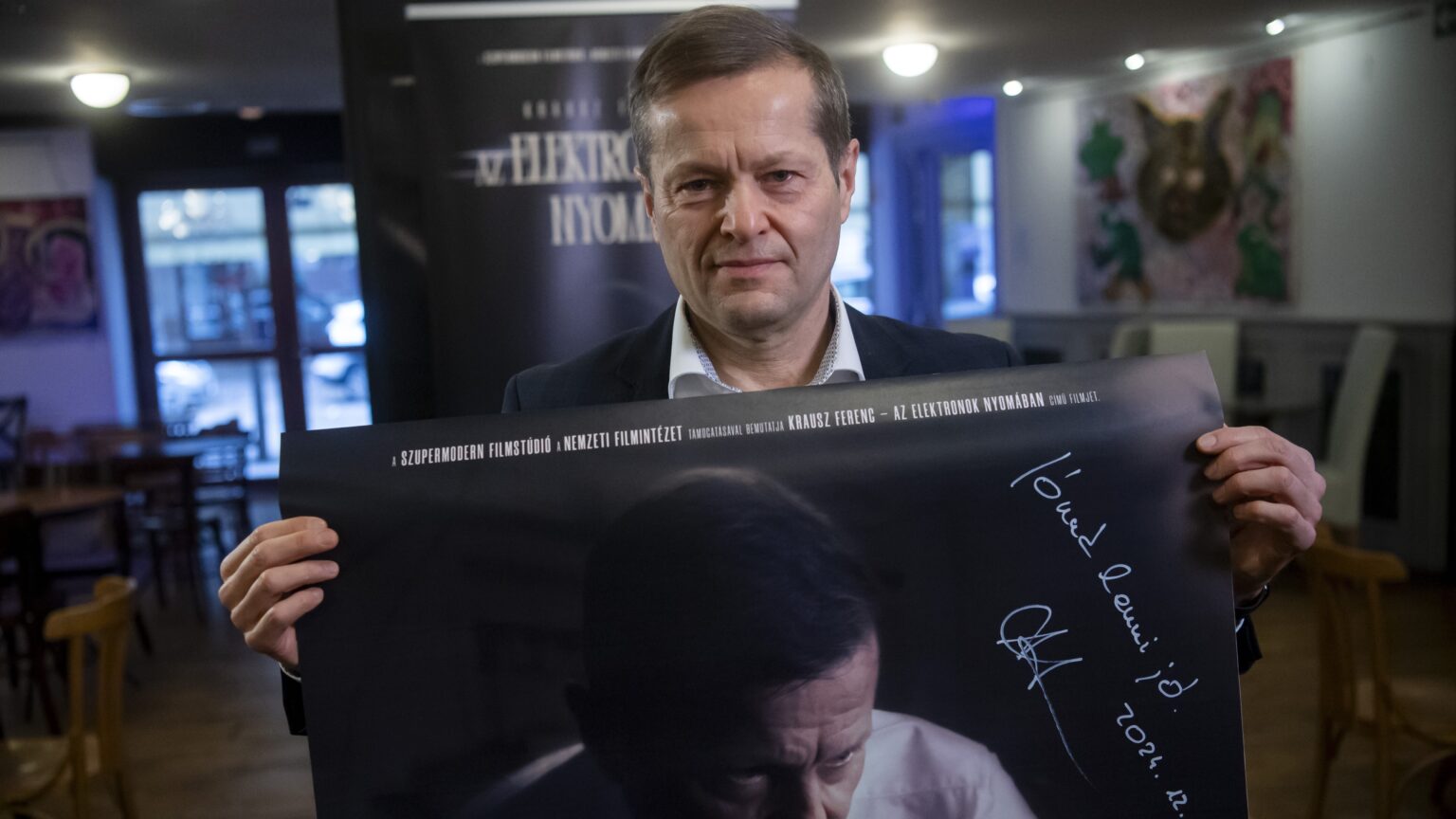
A new documentary unveils the extraordinary professional and personal journey of Nobel laureate Ferenc Krausz. Premiering on 30 December on Duna TV, the film captures his life, groundbreaking discoveries, and unwavering passion for science and exploration.

‘The Romanian Revolution teaches several lessons. First, an age-old truth: Freedom isn’t free. There is a lot of talk about how it was the cooperation of superpowers that made Central European democratization possible. But Romania is the main example that it would not have been enough that Gorbachev caved in to Reagan and Bush Sr. If the Romanian people had remained silent, there would have been no pressure of a critical magnitude to remove the dictator.’
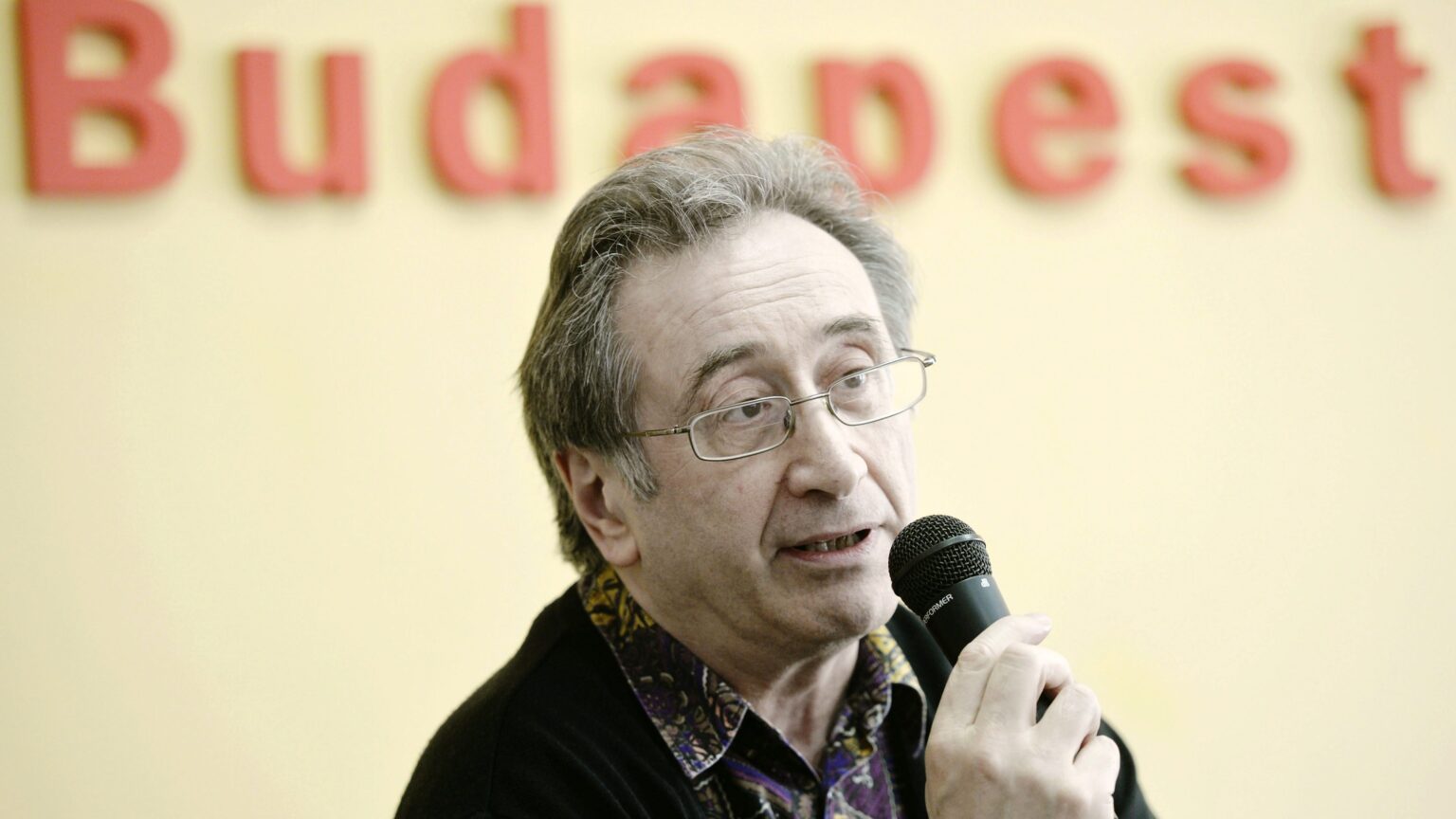
George Szirtes, a Hungarian-born British poet, has been awarded the King’s Gold Medal for Poetry by King Charles III. The prestigious honour, established in 1933, recognizes his profound contributions to contemporary poetry and his exploration of global themes.
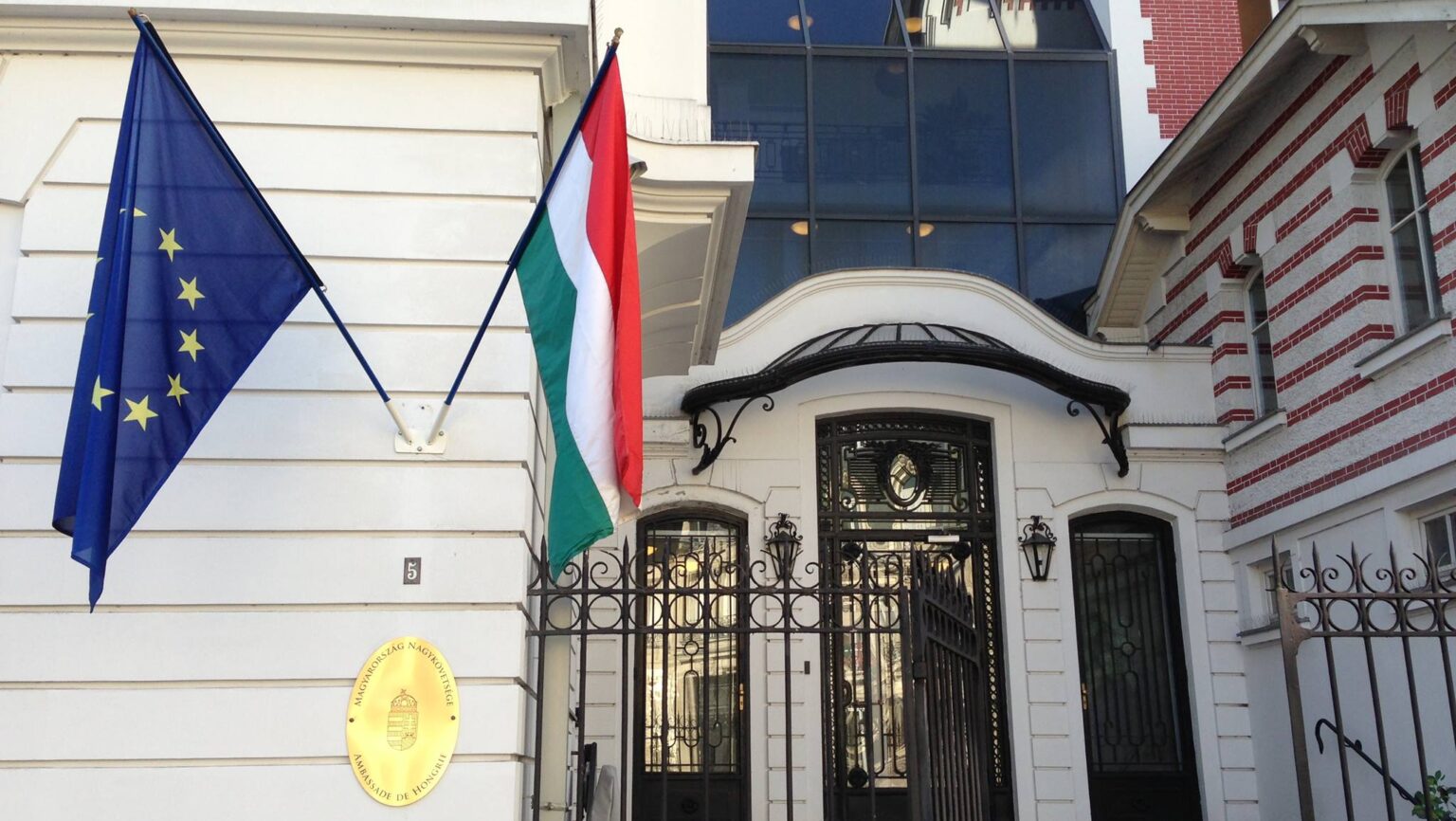
A bomb threat was received by the Hungarian Embassy in Paris via email, Hungarian Minister for Foreign Affairs and Trade Péter Szijjártó reported on his social media page on Saturday. While few details about the incident have been disclosed, initial indications suggest it may have been motivated by attempts to obstruct Hungary’s peace efforts in Ukraine.

‘A simple example of restraining evil, which works quite well, are the referees who manage athletic contests. They simply enforce the rules so that order is maintained. They do not help either team win, they do not help the injured, they are not partial, and they do not furnish refreshments. Even so, they are critical to the players, the fans, the coaches, the media, and everyone involved.’

An in-depth interview with Dr. Judit Tamás, who arrived in America thirty years ago as a kindergarten teacher, and after moving to North Carolina, founded the Carolinas Hungarian Group, organized camps for Hungarians for twenty years, and later launched the popular Online Hungarian School, which she has been running for fifteen years. Nowadays they have 250–300 students from 50 countries.

‘Freedom, understood concretely, is a civilizational, not a natural, construct. This essentially conservative argument could provide the very basis for the continuation of a certain political tradition without which we, modern souls, would live in a much more cruel and inhumane world.’
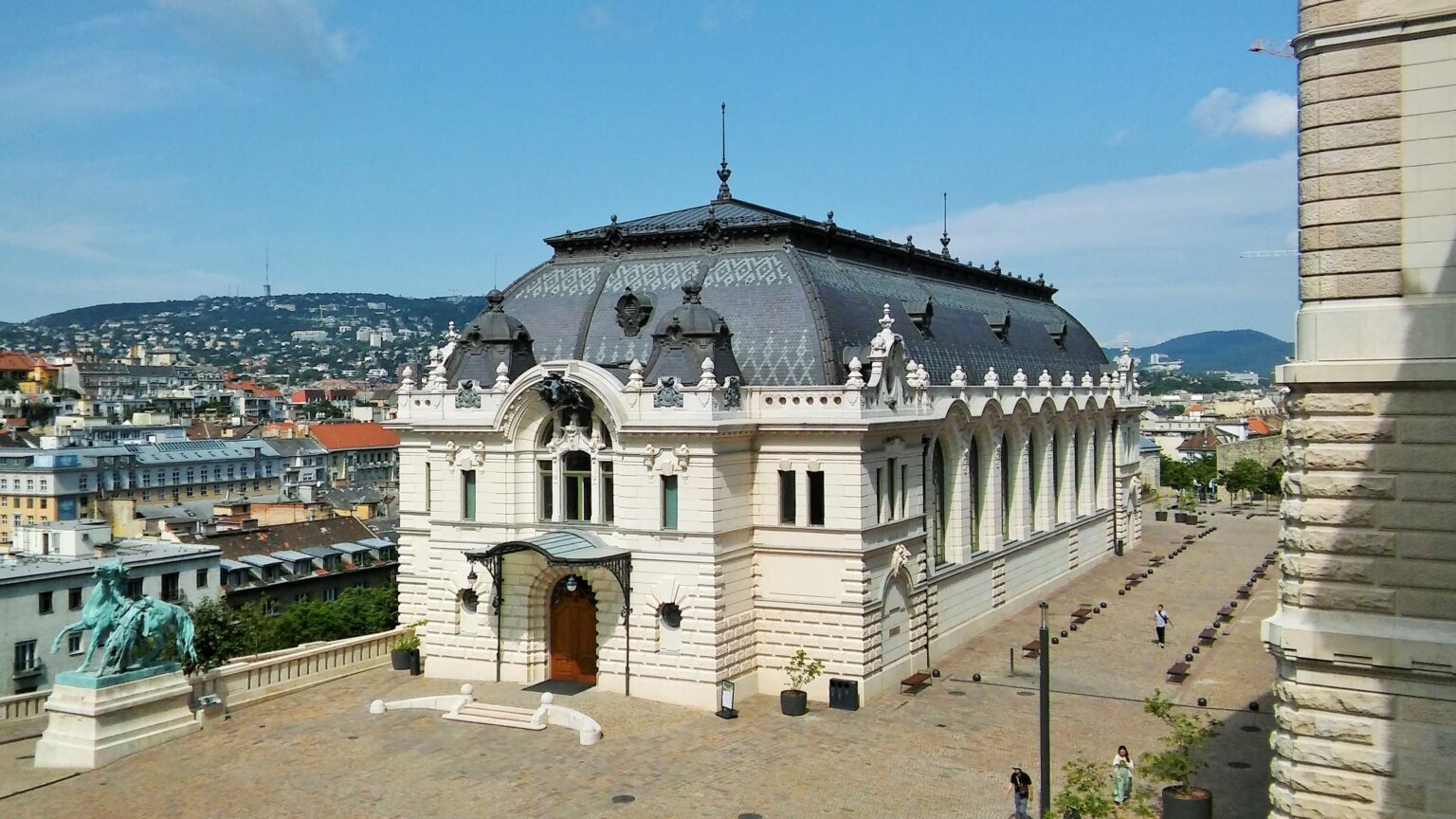
‘Life is not easy for many Hungarians, but Hungary has one big thing going for it: a strong sense of itself as a nation and a people. If it is true that hope comes from cultural memory married to the desire to return to what is good, true, and beautiful about the past, then Hungarians have every right, and indeed the responsibility, to be hopeful, even as the chill darkness of forgetfulness and cultural dispossession settles over Western Europe.’

Hungary’s culinary scene shines brightly as the 2024 Michelin Guide awards reaffirm excellence. Iconic venues like Tata’s Platán and Budapest’s Stand retained two stars, while eight other restaurants, including one newcomer, received their coveted Michelin star this year.
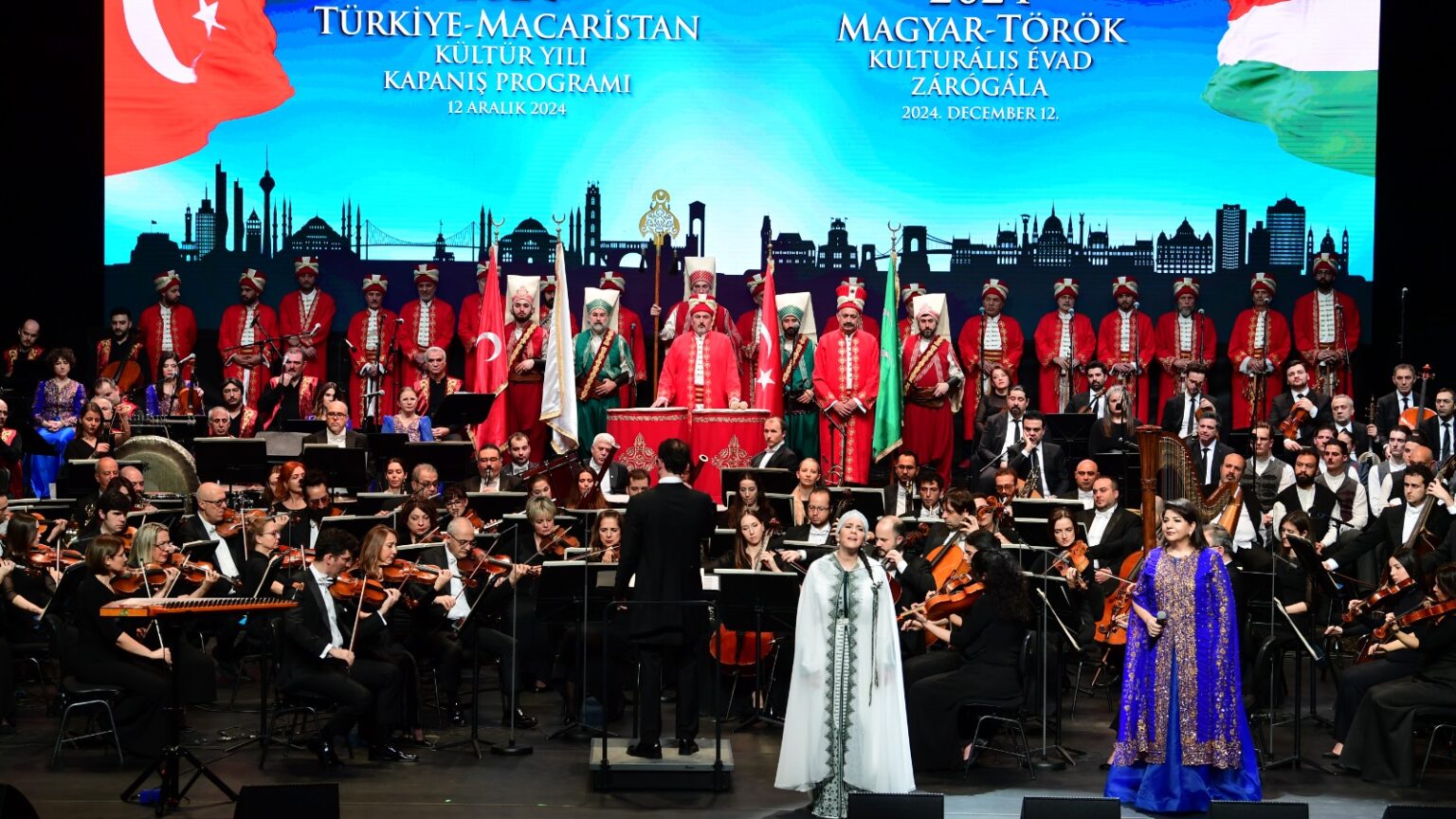
The Hungarian–Turkish Cultural Season has concluded with a prestigious gala concert held in Ankara, Türkiye, on 12 December. The season commemorated the 100th anniversary of Hungarian–Turkish diplomatic relations and featured more than 150 cultural, culinary, and scientific programmes.
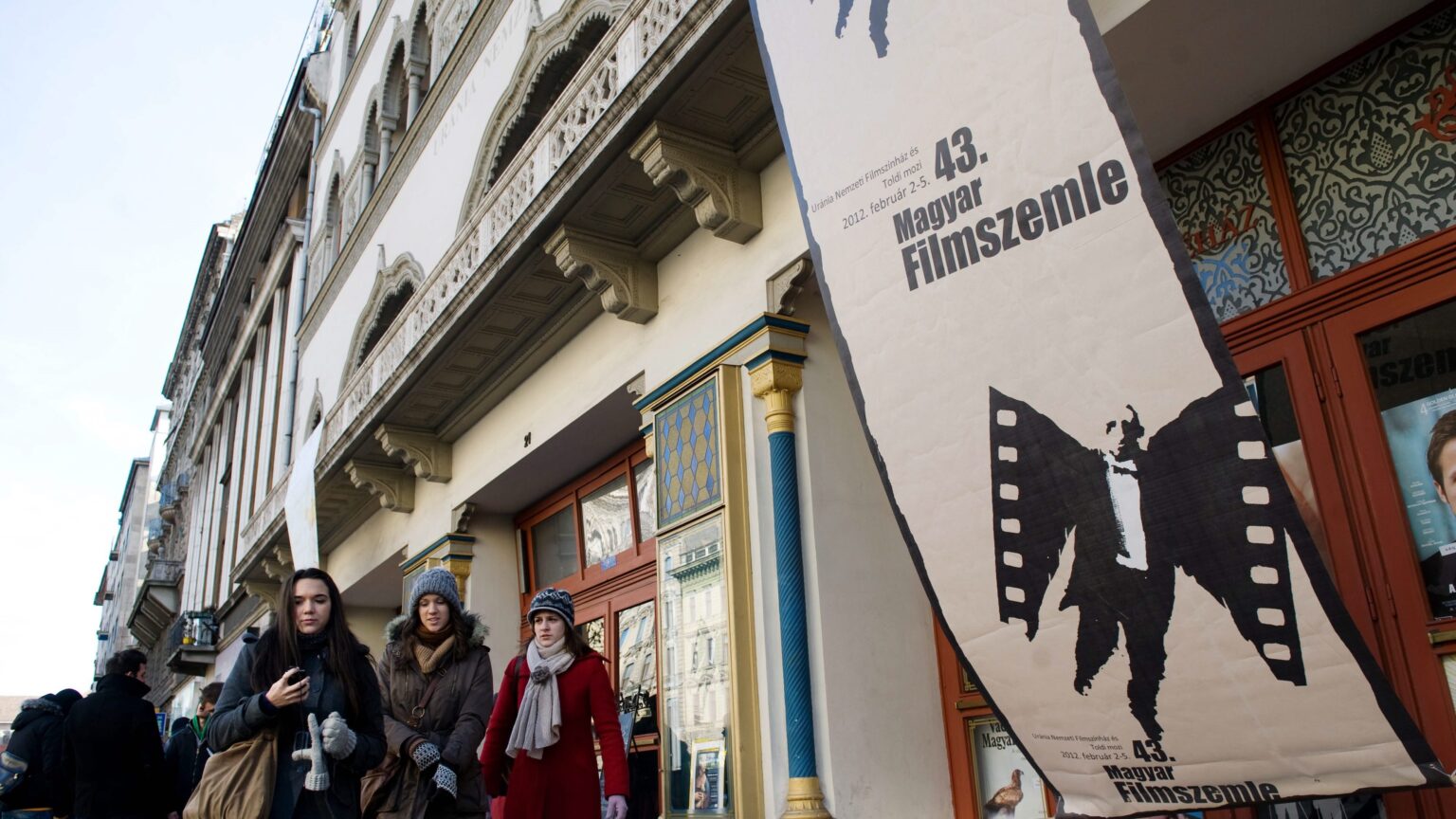
The Hungarian Film Festival dates back to 1965, when it began in Pécs as the Hungarian Feature Film Festival, exclusively showcasing feature-length productions. Over the decades, the programme expanded to include documentary and animated films, with its name changing to the Hungarian Film Festival in 1989. Traditionally held during the first week of February, the event was aligned with the Berlin Film Festival and ran annually until 2011.

Hungary will face Armenia, Ireland, and the winner of the Portugal–Denmark Nations League quarter-final in the group stage of the European qualification round for the 2026 FIFA World Cup, held in the United States, Mexico, and Canada. Hungary have not made an appearance at the World Cup since 1986.
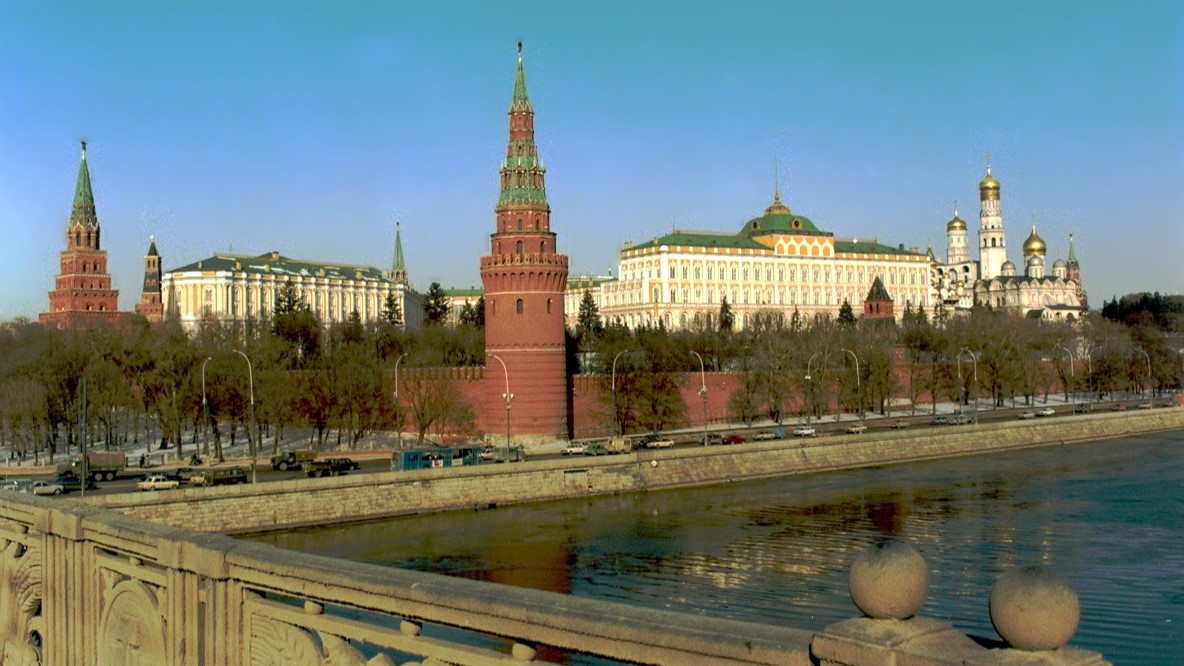
Vladimir Putin has reportedly endorsed the Christmas ceasefire proposal by Viktor Orbán. Reflecting on the peace mission and Hungary’s EU Presidency, the Hungarian prime minister stated: ‘We have opened the door, and meaningful negotiations can now begin.’
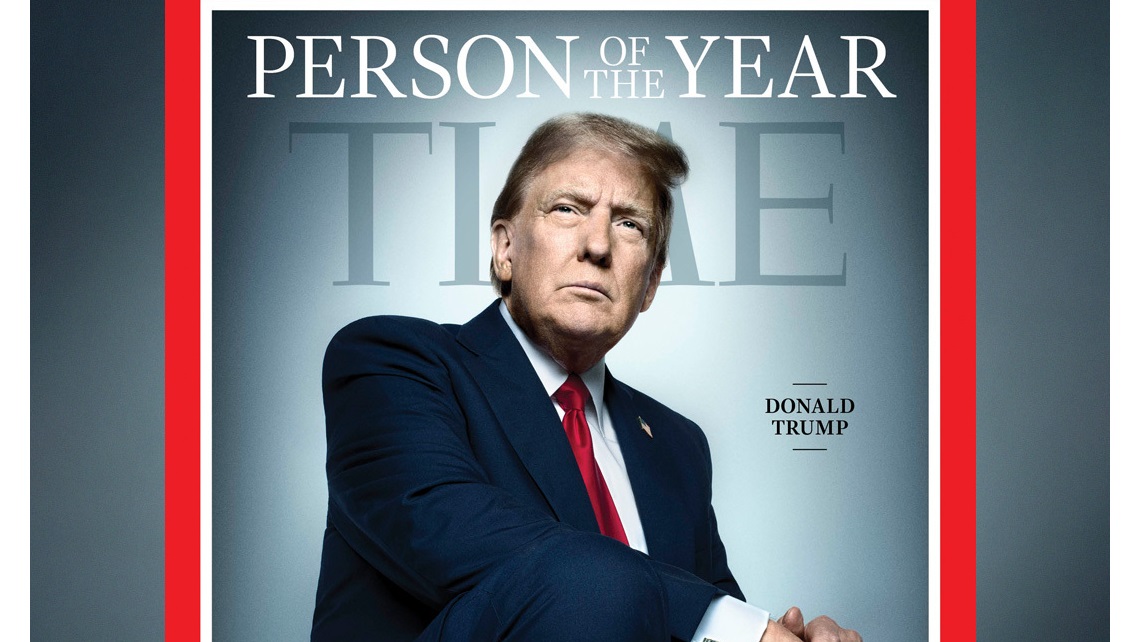
Time Magazine awarded its Person of the Year title, which has been given out since 1927, to Donald Trump after his great comeback victory in the 2024 US presidential election despite unprecedented challenges. This is the second time he has received the title after 2016, making him one of the 15 individuals to win it more than once.
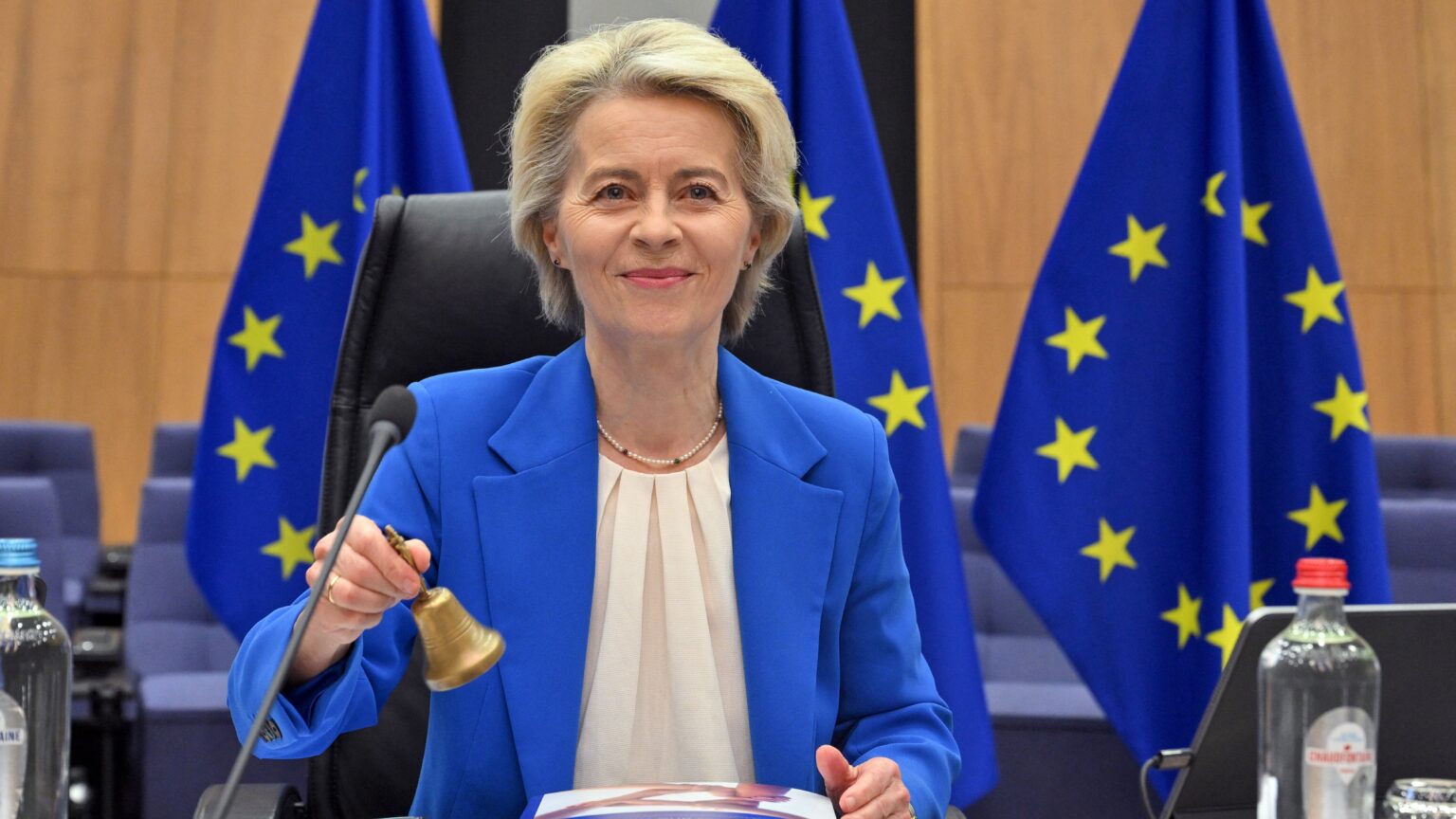
‘The leaders and politicians of our continent need to acknowledge a reality that the average European citizen has already discovered, namely, that Europe is on a dangerous path that will lead to total geopolitical irrelevancy and economic misery.’
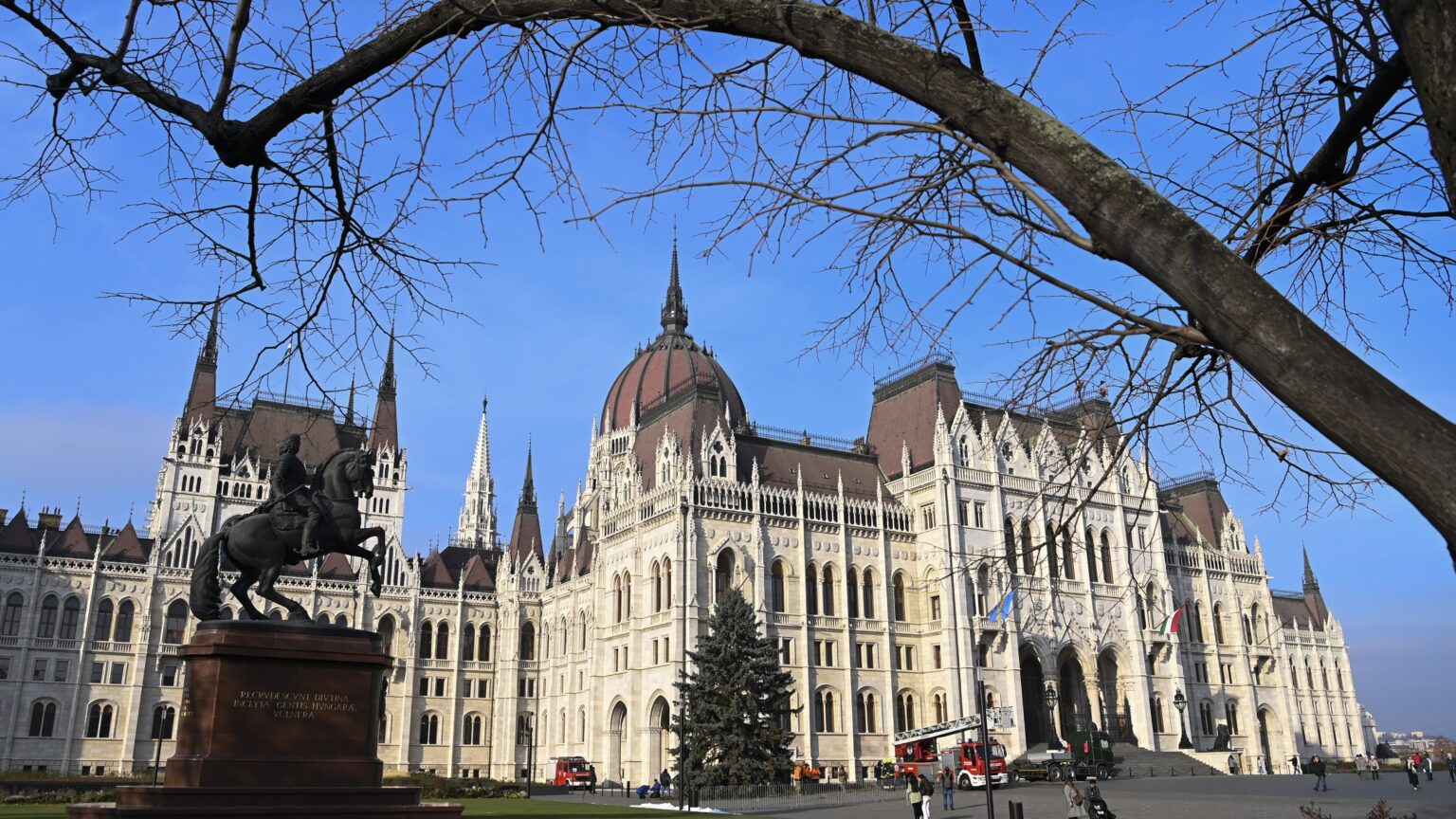
According to Századvég’s December survey, Hungary’s ruling coalition, Fidesz–KDNP, continues to lead confidently in party preferences, while Tisza Party leader Péter Magyar’s approval ratings have suffered a significant decline amidst recent controversies.
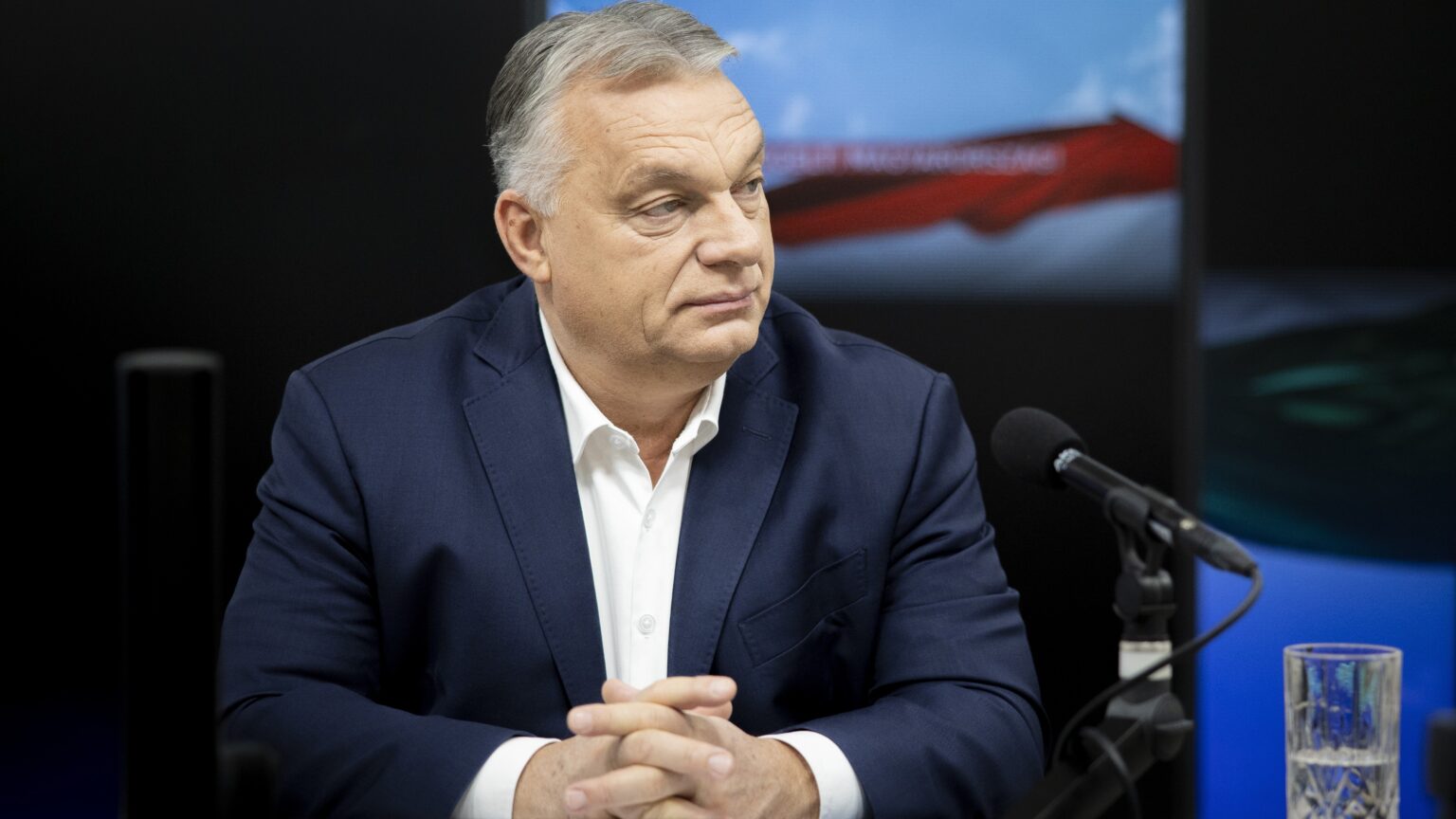
This week’s Orbán interview on public radio showcased Hungary’s proactive approach to fostering peace, navigating global changes, and ensuring domestic stability. As the government looks to implement the 2025 budget, its commitment to supporting Hungarian families and maintaining sovereignty remains unwavering, the PM declared.

On the morning of 12 December, in a true Christmas spirit, the US Embassy in Budapest posted a video on X and YouTube criticizing the Budapest–Belgrade railway project, insinuating that Viktor Orbán is making secret deals with China. Our reaction.
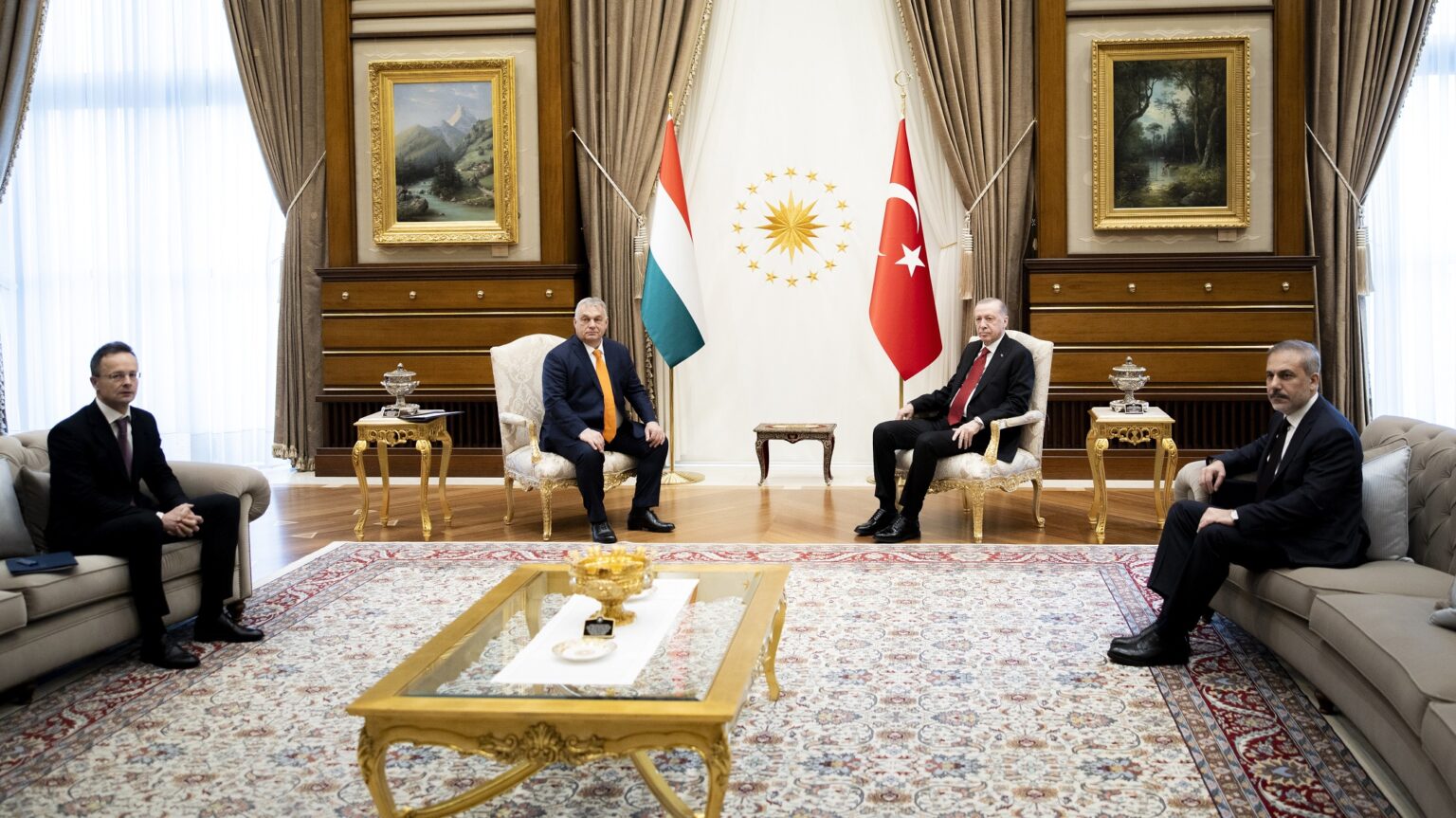
After meeting with US President-elect Donald Trump in Florida on Tuesday and having a lengthy phone call with President Vladimir Putin of Russia on Wednesday, Prime Minister Viktor Orbán of Hungary travelled to Ankara, Türkiye to continue discussions about the potential peace in the Russo-Ukrainian war with Recep Tayyip Erdoğan of Türkiye this time.
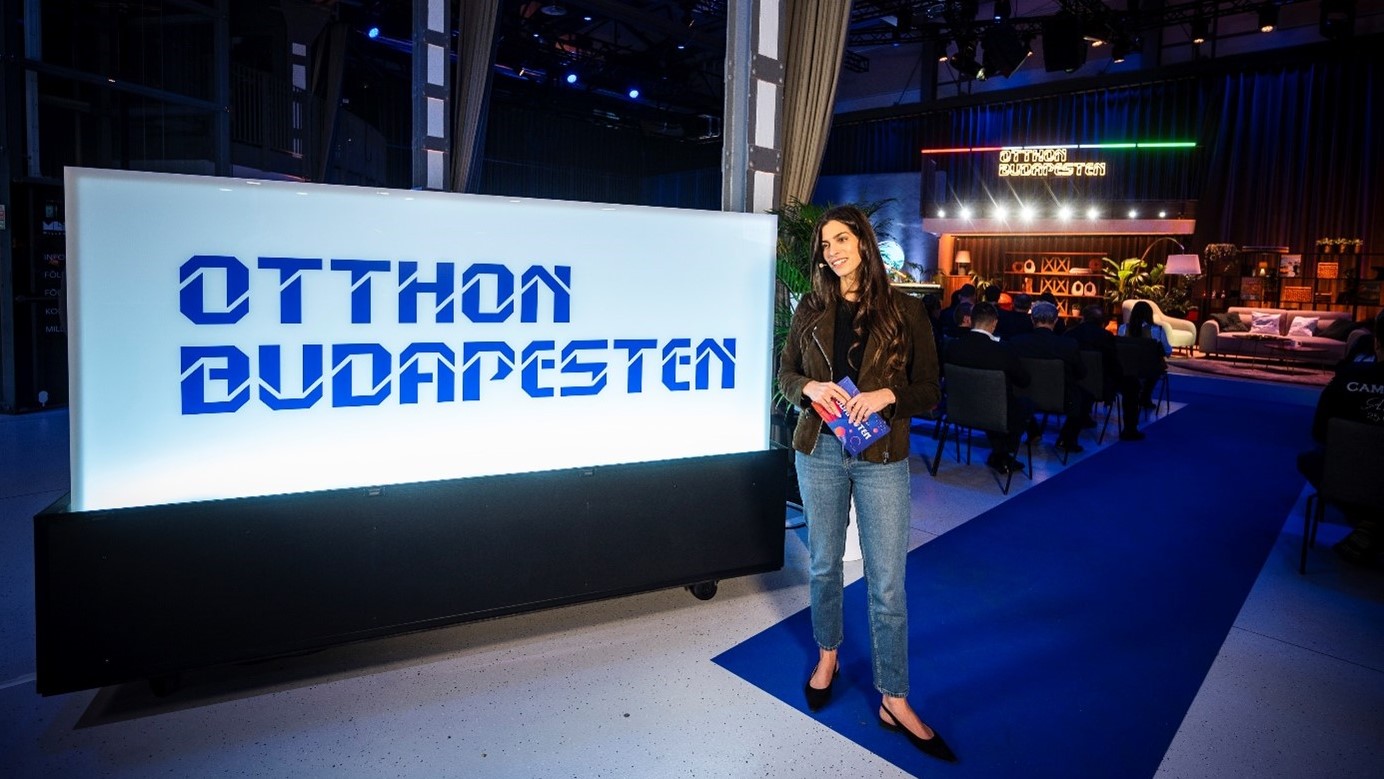
Alexandra Szentkirályi, the Chairwoman of the Budapest branch of the ruling Fidesz party and 2024 Budapest Mayoral candidate, has sat down with urban planning expert Koppány Kőrösi, prop master Endre Pallós, location manager Viktor Mitev, and Minister of Foreign Affairs and Trade Péter Szijjártó of Hungary in the debut episode of her new talk show all about Hungary’s beloved capital city, Budapest.
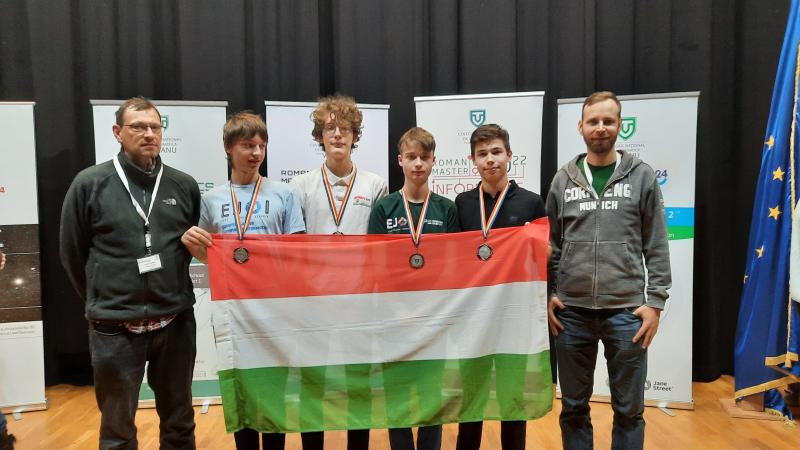
Four Hungarian students achieved silver medals at the Romanian Master of Informatics (RMI), a renowned international programming competition held in Bucharest from 27 to 29 November 2024. Competing among 190 students from ten countries, their success highlights Hungary’s promising talent pool.
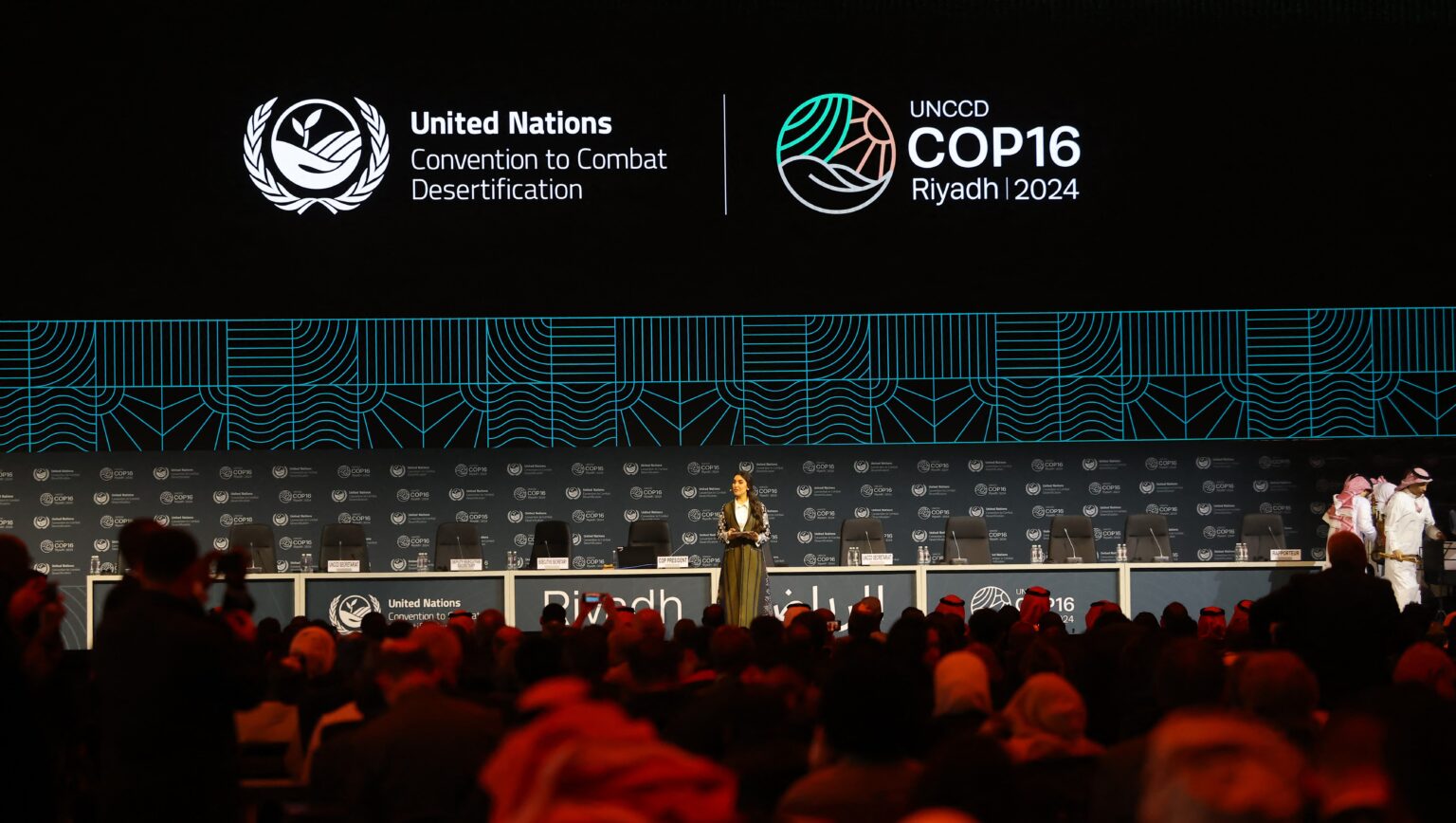
The conference is dominated by negotiations on a global drought prevention system, both in terms of implementation and financing. This is particularly necessary because the frequency and intensity of climate damage, specifically drought, which is also a major issue in Hungary…has increased by nearly 30 per cent since the turn of the millennium, threatening agriculture, water security, and the livelihoods of 1.8 billion people.

Hungarian Conservative is a quarterly magazine on contemporary political, philosophical and cultural issues from a conservative perspective.